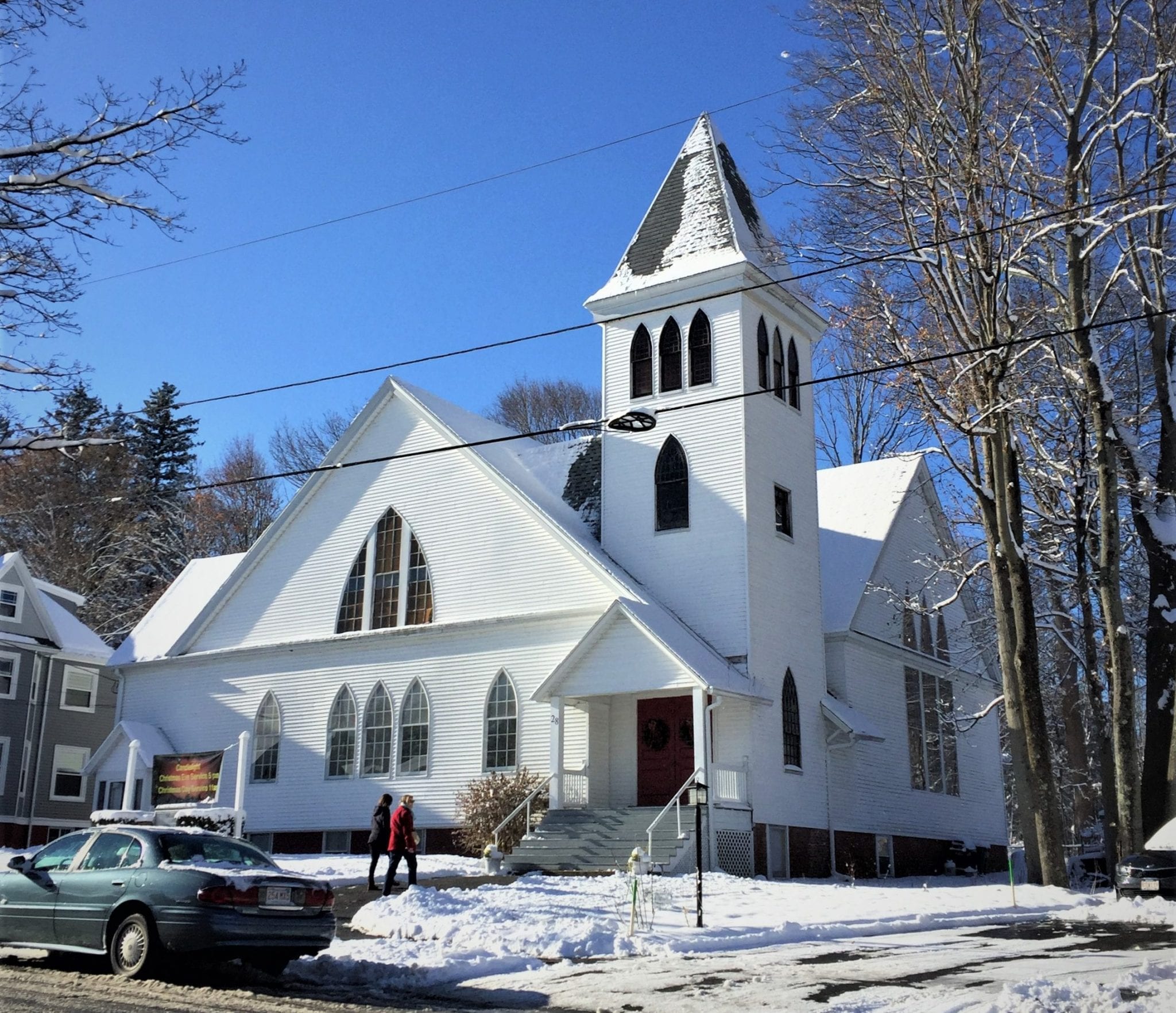On Episode 73 of The Edge of Innovation, we’re talking with entrepreneur Simon Wainwright, president of Freebird Semiconductor, about solving power management problems with emerging technologies.

Hacking the Future of Business!

On Episode 73 of The Edge of Innovation, we’re talking with entrepreneur Simon Wainwright, president of Freebird Semiconductor, about solving power management problems with emerging technologies.

On Episode 72 of The Edge of Innovation, we’re talking with entrepreneur Simon Wainwright, president of Freebird Semiconductor, about Gallium Nitride technology and the future of the space industry.

On Episode 71 of The Edge of Innovation, we’re talking with entrepreneur Simon Wainwright, president of Freebird Semiconductor, about how he started a company to manufacture semiconductors using GaN technology!

On episode 58 of The Edge of Innovation, we are exploring Christianity and who God is with Pastor Paul Buckley of King of Grace Church.

On episode 56 of The Edge of Innovation, we are talking with Pastor Paul Buckley of King of Grace Church in Haverhill, Massachusetts.